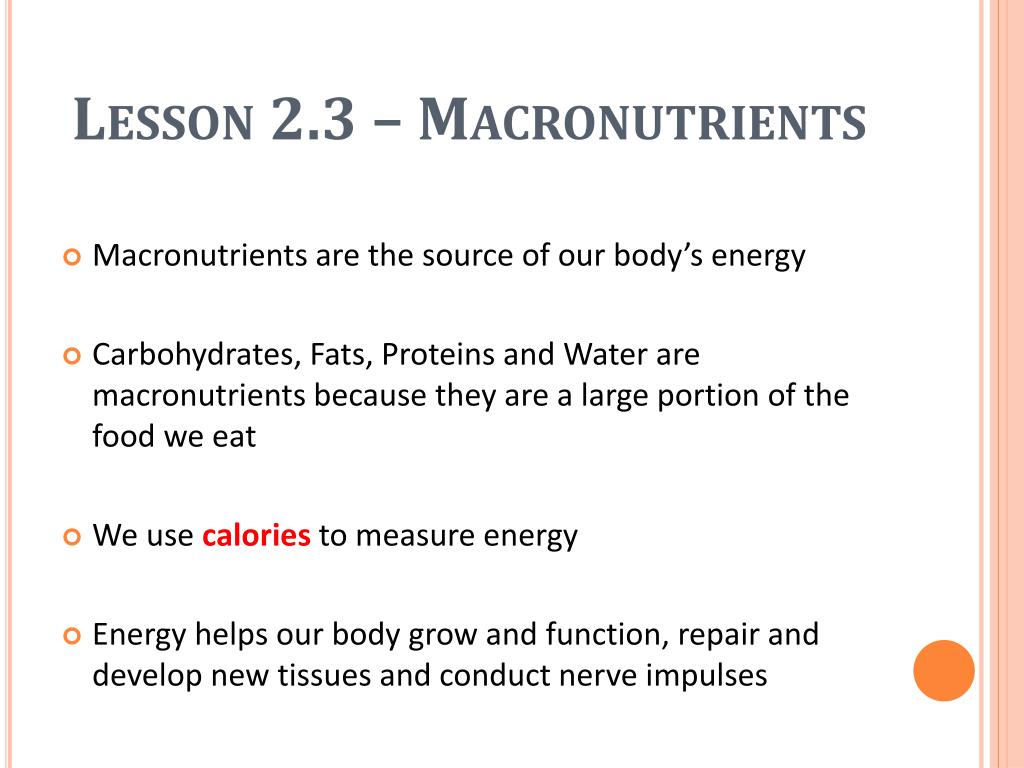


We must get these micronutrients from foods, otherwise we risk micronutrient deficiencies, such as iron deficiency, low potassium, low vitamin B12 or magnesium deficiency. Many micronutrients are considered essential nutrients, which means they are not made within the body. Related: 11 Foods That Make You Taller (and Why They Do) Role in Body/Why We Need Them Minerals are key micronutrients in soil and water, which are passed into the foods that we eat.Īlthough there are dozens of different micronutrients that are all vital to overall health, here are a few examples of micronutrients that are found in many healthy whole food sources:

Minerals, on the other hand, are inorganic substances that maintain their chemical structure. The main difference between vitamins and minerals is that micronutrients like vitamins are organic micronutrients, which can be broken down by air, heat and acid. Meanwhile, the official minerals definition encompasses any inorganic substances that occur in nature. The official vitamin definition includes organic substances that are essential in small quantities. Micronutrients can be classified into two main categories: vitamins and minerals. So what are vitamins, and are vitamins micronutrients? Also, why are minerals important and what do minerals do for the body? Related: Ashitaba: A Traditional Leafy Green with an Impressive Nutrition Profile Types allowing muscles to move and helping with tissue repair.
#Define macro nutrients free
slowing oxidation damage or signs of aging caused by free radicals.breaking down carbs, fats and proteins into usable energy.Specific micronutrient deficiencies can result in various problems, like mental impairment, poor digestion, thyroid problems and bone loss.Īmong other roles, the main jobs of essential micronutrients include: The body uses dozens of different micronutrients every single hour of every single day to keep us energized, produce enzymes and hormones, and prevent nutritional deficiencies. The long list of micronutrients functions can range from supporting metabolism to fighting free radicals and promoting overall health. Micronutrients are essential because they protect our bodies from disease, slow the aging process and help every system in our bodies work properly. However, most people recognize “micronutrients” by common names like vitamins, minerals and antioxidants. The official micronutrients definition includes various types of chemicals that are found in trace amounts in the foods we eat. Most of us have heard the term tossed around quite a bit, but few people can actually define nutrients or define micronutrients and explain how they work in the body. So what exactly are micronutrients, and why should you pay close attention to your diet to make sure you’re getting enough? Here’s what you need to know. In fact, micronutrients work behind the scenes to help foster growth and development synthesize DNA, hormones and enzymes maintain metabolism prevent oxidative damage to cells and more. While it’s true that these macronutrients are absolutely vital to the function of your body, there are many other compounds that play a role in your health as well, including micronutrients. Proteins, fats and carbs garner a good amount of attention among dieters and health-conscious consumers alike.
#Define macro nutrients how to
How to Get More in Your Diet (Plus Recipes).Deficiency Symptoms, Causes and Risk Factors.


 0 kommentar(er)
0 kommentar(er)
